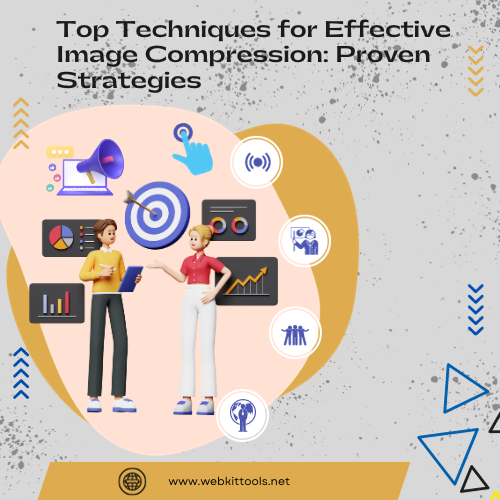Torque Converter
Torque Converter online 2024
we'll explore the intricacies of torque converter, their role in vehicle transmission systems, how they work, and essential maintenance tips. Whether you're a car enthusiast or simply curious about automotive technology, this guide is designed to provide you with all the information you need
Torque converters play a crucial role in the operation of automatic transmission vehicles. They are hydraulic devices that transfer power from the engine to the transmission, allowing the vehicle to move smoothly through different speeds without requiring manual gear changes.
Components of a Torque Converter
A torque converter consists of several key components, including the impeller, turbine, stator, and lock-up clutch. Each part plays a vital role in the torque multiplication process, allowing for efficient power transfer from the engine to the transmission.
How Torque Converters Work
The operation of a torque converter relies on fluid dynamics and the principles of hydraulic coupling. As the engine spins the impeller, it creates fluid flow within the converter, which drives the turbine. This process allows for smooth acceleration and efficient power delivery to the transmission.
Benefits of Torque Converters Online
Torque converters contribute to a smoother driving experience, especially during stop-and-go or low-speed maneuvers. Their ability to multiply engine torque at low speeds enhances acceleration and responsiveness, making driving more enjoyable.
Contrary to popular belief, modern torque converters are designed to improve fuel efficiency by optimizing power delivery to the transmission. Advanced lock-up clutch systems minimize slippage, reducing energy loss and improving overall fuel economy.
Torque converters help reduce wear and tear on critical drivetrain components by providing a cushioning effect between the engine and transmission. This leads to increased longevity and reliability of the vehicle's transmission system.
Types of Torque Converters
Single-stage torque converters are the most common type found in modern vehicles. They feature a single set of impeller and turbine blades and are suitable for various driving conditions.
Multi-stage torque converters utilize multiple impeller and turbine blades, allowing more precise control over torque multiplication. These converters are often found in high-performance vehicles or those requiring specific towing.
What is a torque converter, and how does it work?
A torque converter is a hydraulic device found in automatic transmission vehicles. It transfers power from the engine to the transmission, allowing the vehicle to change speeds smoothly without manual gear shifts. It works by utilizing fluid dynamics: as the engine spins the impeller, it creates fluid flow within the converter, driving the turbine and enabling power transfer to the transmission.
Can a torque converter be repaired, or must it be replaced?
Torque converters can sometimes be repaired, depending on the extent of damage. Minor issues like fluid leaks or damaged seals may be fixable, but significant internal damage often requires replacement. A professional mechanic can diagnose the problem and recommend the appropriate action.
How often should torque converter fluid be replaced?
The torque converter fluid replacement frequency depends on the manufacturer's recommendations and driving conditions. In general, replacing the transmission fluid, including the fluid in the torque converter, is recommended every 30,000 to 60,000 miles.
Are torque converters only found in automatic transmissions?
Yes, torque converters are exclusively found in vehicles equipped with automatic transmissions. Manual transmissions use a clutch mechanism instead of a torque converter to transfer power from the engine to the transmission.
Can a torque converter upgrade improve vehicle performance?
Yes, upgrading to a high-performance torque converter can improve vehicle performance in certain cases. Performance torque converters are designed to optimize power delivery and multiplication, resulting in improved acceleration, towing capabilities, and overall driving experience. However, the effectiveness of an upgrade depends on various factors, including the vehicle's make and model, driving habits, and intended use.














